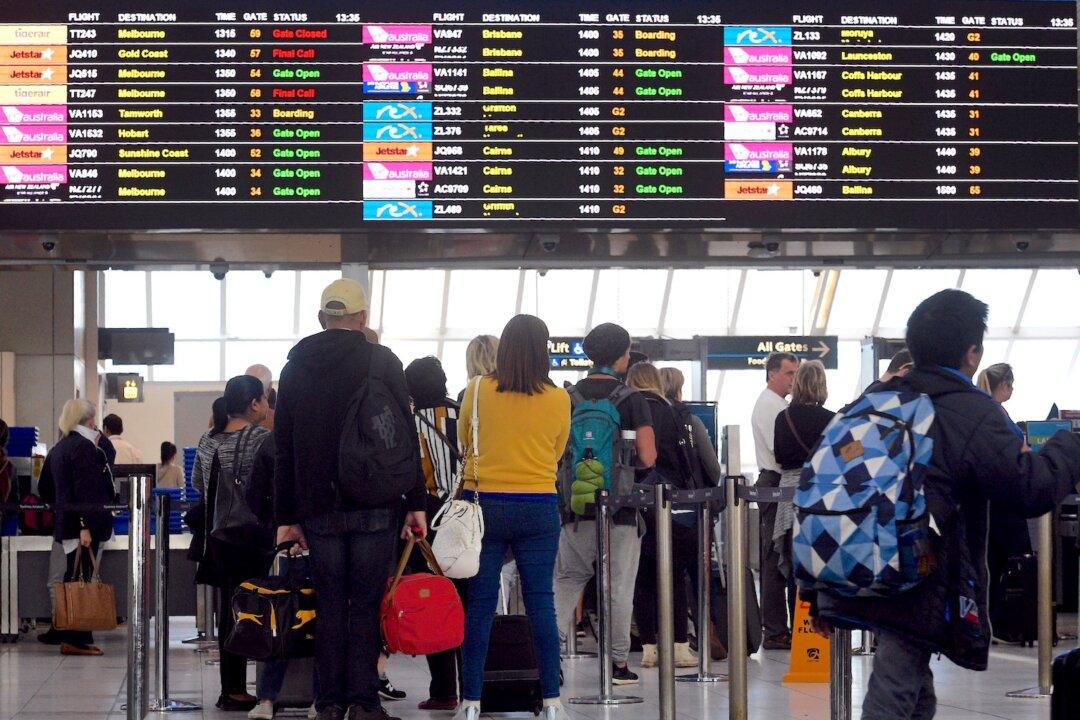Federal politicians from both sides of the divide have labelled as “reckless” and “selfish” returned travellers in quarantine in Victoria who are refusing COVID-19 tests.
Victoria’s Deputy Chief Health Officer Annaliese van Diemen revealed on June 26 about 30 percent of international travellers are refusing to be tested, despite multiple offers during their 14-day stay.





